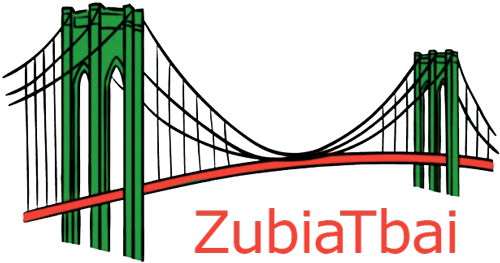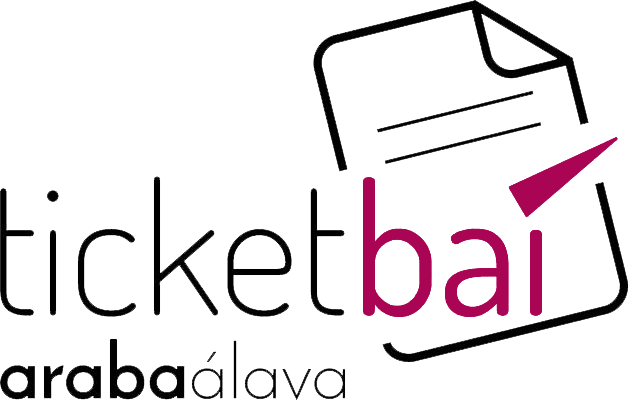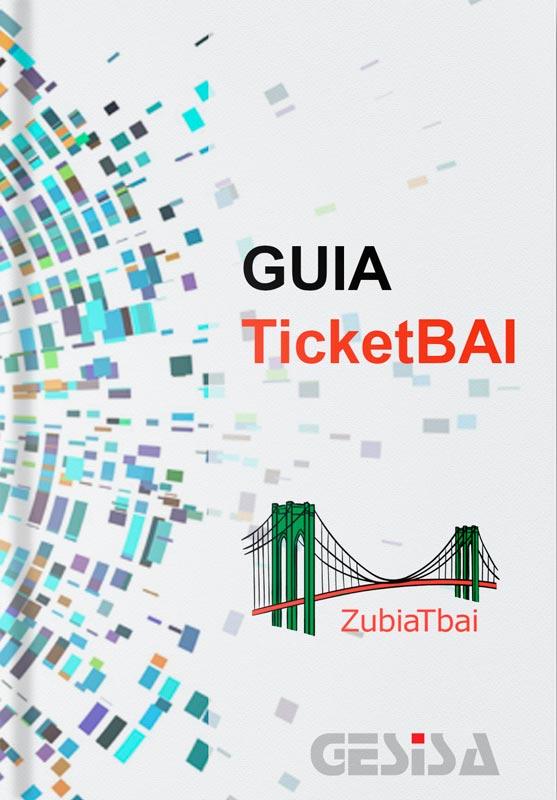In Bizkaia, Ticket BAI is part of the Batuz project, which also includes the presentation of LROE (Economic Operations Registration Book) through the electronic headquarters of the Provincial Council, within the deadlines established in Regional Decree 82/2020, through Form 140 (for natural persons) and Form 240 (for legal entities), which, in turn, replaces the SII (Immediate Supply of VAT Information).
The LROE not only involves the invoices issued, but also the invoices received and aims to be the basis with which the Provincial Council of Bizkaia will prepare draft declarations of VAT, Corporation Tax, Personal Income Tax and Income tax for non-residents
The Provincial Council of Bizkaia distinguishes different deadlines for transmitting ticket BAI files depending on the size of the company, from 4 days to once a quarter.
The voluntary period of adaptation to BATUZ – TicketBAI in Bizkaia began on October 20th, 2020, but the mandatory implementation of BATUZ is gradual throughout 2024, 2025 and 2026:
January 1st, 2024: Corporate tax payers that are large companies in any activity, financial, insurance, property and real estate.
July 1st, 2024: Corporate tax payers that are micro, small or medium-sized companies and that carry out industrial, manufacturing, construction and transportation business activities; business and professional financial, legal, insurance, rental and other professional activities except educational and cultural activities.
January 1st, 2025: wholesale trade and corporate tax payers who are micro, small or medium-sized companies in the retail trade, hospitality, furniture repair, hairdressing and other personal services sectors.
July 1st, 2025: Individuals and legal entities under the income attribution regime from the retail trade, hospitality, repair of personal property, hairdressing and other personal services sectors.
January 1s, 2026: Entities totally and partially exempt from Corporate Tax. Non-profit entities. Taxpayers dedicated to agriculture, livestock and fishing, and professionals in education, cultural services and other taxpayers.
The Provincial Council of Bizkaia has established new tax incentives for the voluntary adoption of TicketBAI – Batuz. The sooner it is implemented, the greater the tax benefits will be.





